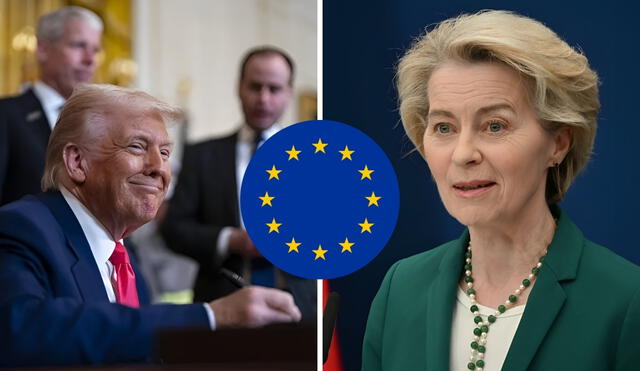EU approves 25% tariffs on $21 billion worth of U.S. products in response to Trump's trade policies
EU launches phased tariffs on U.S. goods, targeting key products while pushing for dialogue to ease trade tensions. Will this strategy cool the trade war?

The European Union (EU) approved retaliatory tariffs targeting approximately $23 billion (€21 billion) worth of U.S. goods. This action responds to the Trump administration's recent 25% tariffs on steel and aluminum imports. The EU's counter-tariffs will be implemented in three phases throughout 2025, affecting a wide range of products, including soybeans, motorcycles, meat, textiles, tobacco, and ice cream.
EU’s phased tariffs on U.S. goods excludes sensitive items
The phased approach begins on April 15, with subsequent phases in May and December. Initially, the tariffs will target products such as machinery, chemicals, canned goods, and textiles. Later phases will include items like poultry, beef, cereals, fruits, oils, clothing, tools, and consumer goods such as vacuum cleaners and dental floss. The final phase will address products like soybeans and almonds.
In internal negotiations, certain products were excluded from the initial list, including bourbon, wine, and dairy products. This exclusion aims to minimize impact on sensitive European sectors and avoid escalating trade tensions.
EU responds to U.S. tariffs with gradual approach, seeks trade dialogue
These EU measures coincide with the U.S. administration's implementation of "reciprocal" tariffs on April 2, affecting over 50 countries. The U.S. tariffs include a 20% duty on European products and a 104% tariff on Chinese imports, part of a broader strategy to reduce reliance on foreign steel and bolster domestic industry.
The European Commission has emphasized its preference for dialogue, describing its response as "gradual, calm, calibrated, and specific." Efforts are ongoing to negotiate a de-escalation of the trade conflict, with meetings held with representatives from affected industries.












